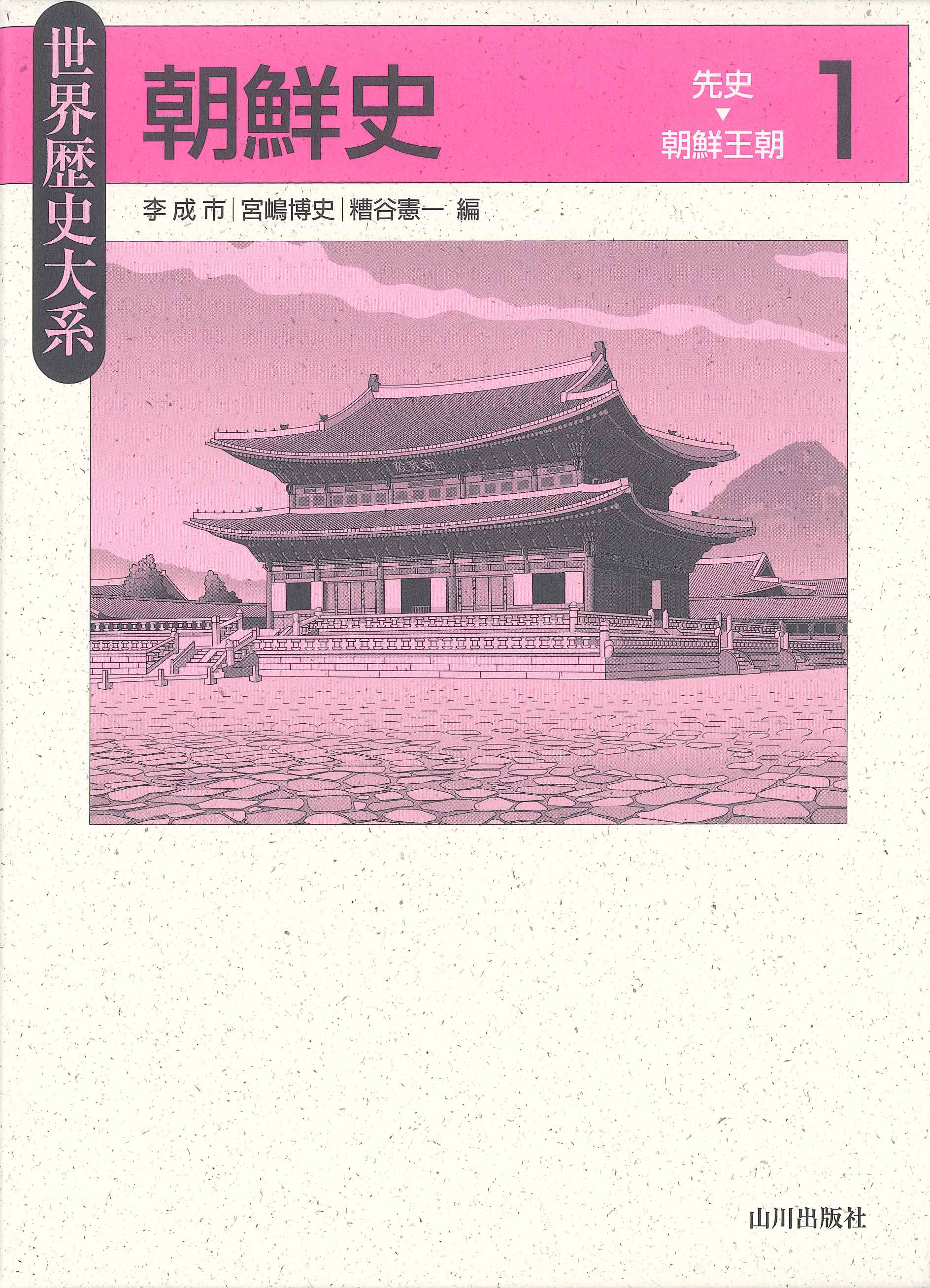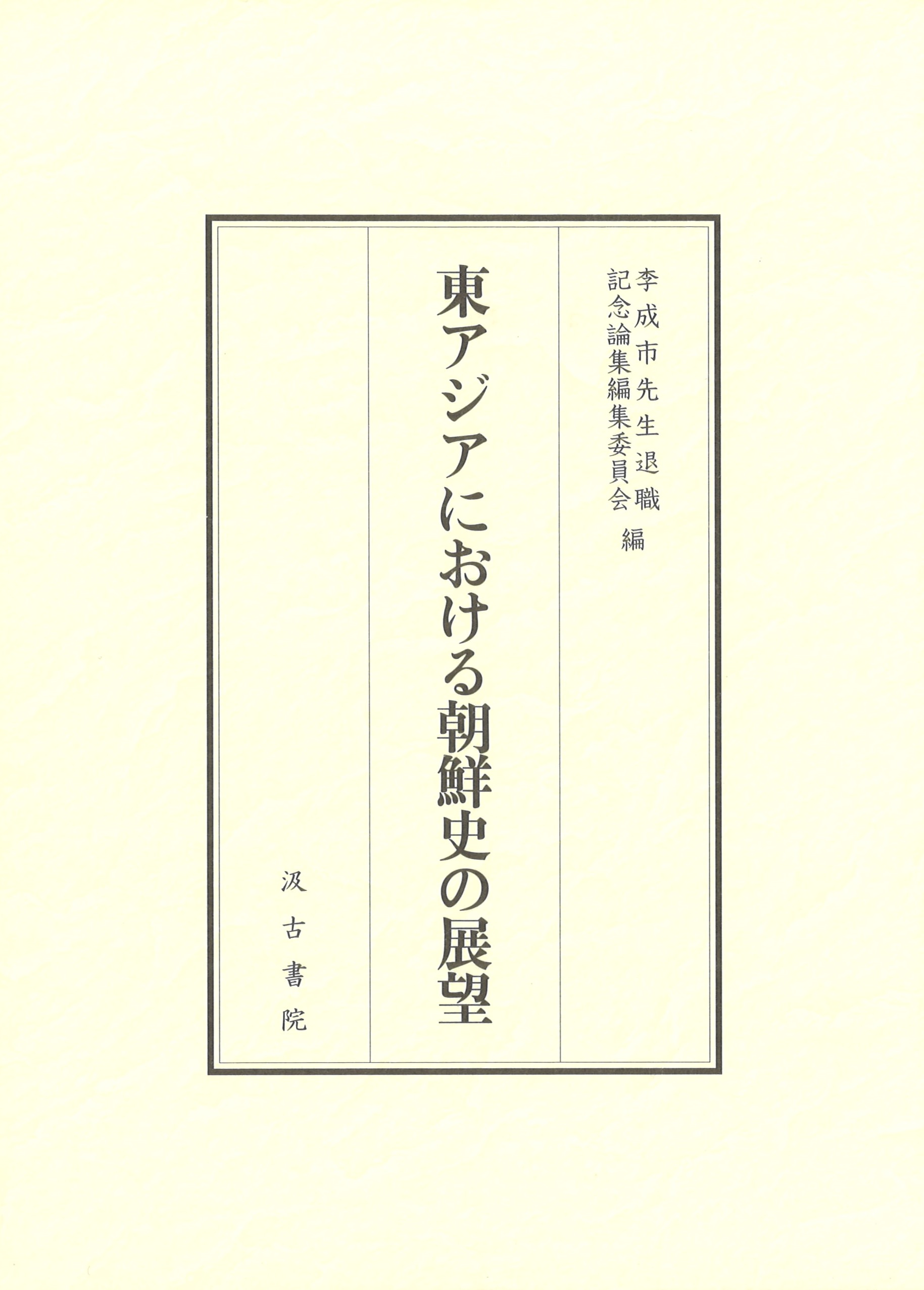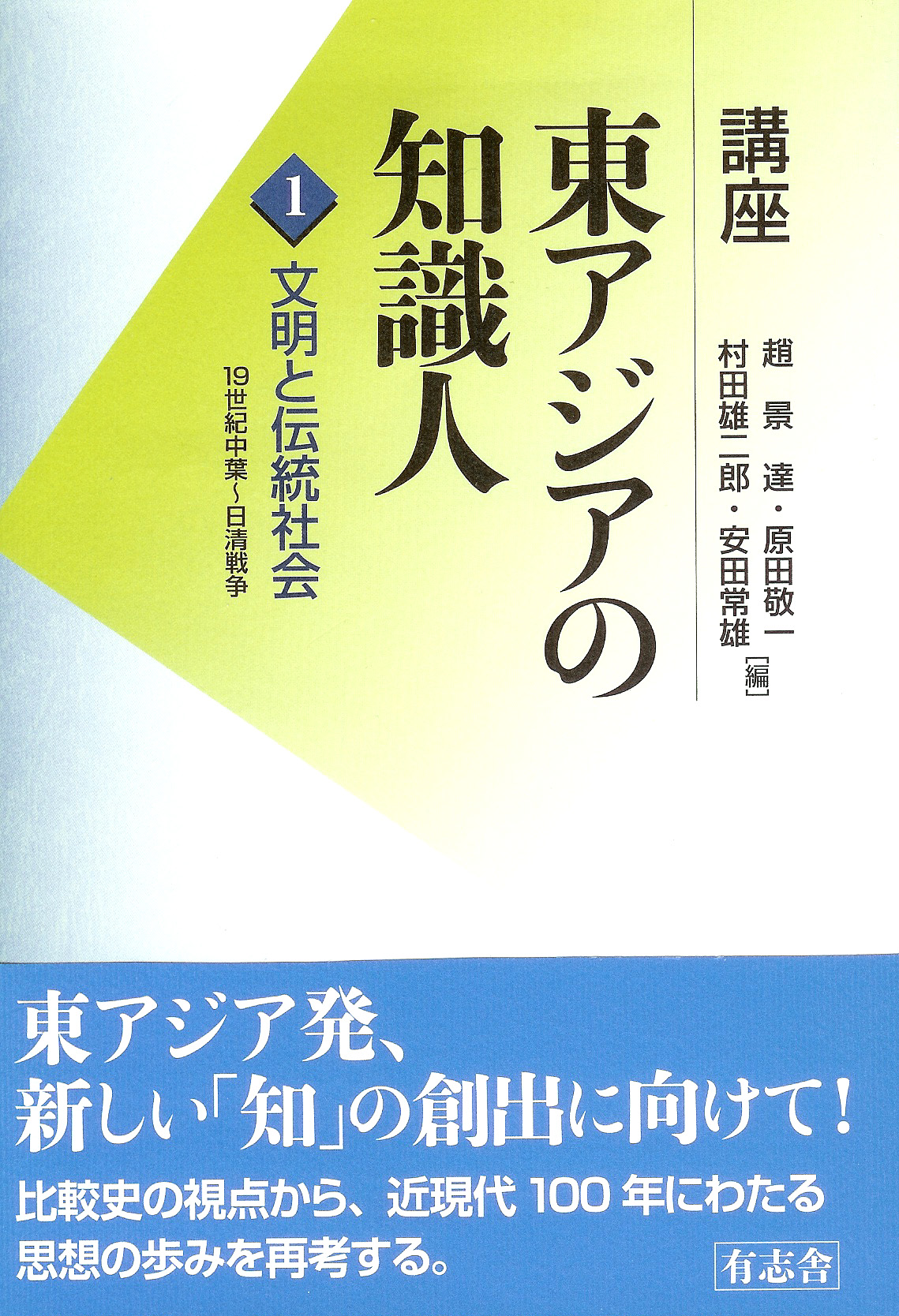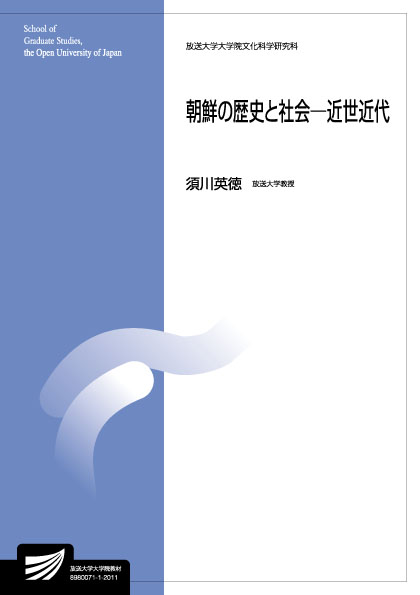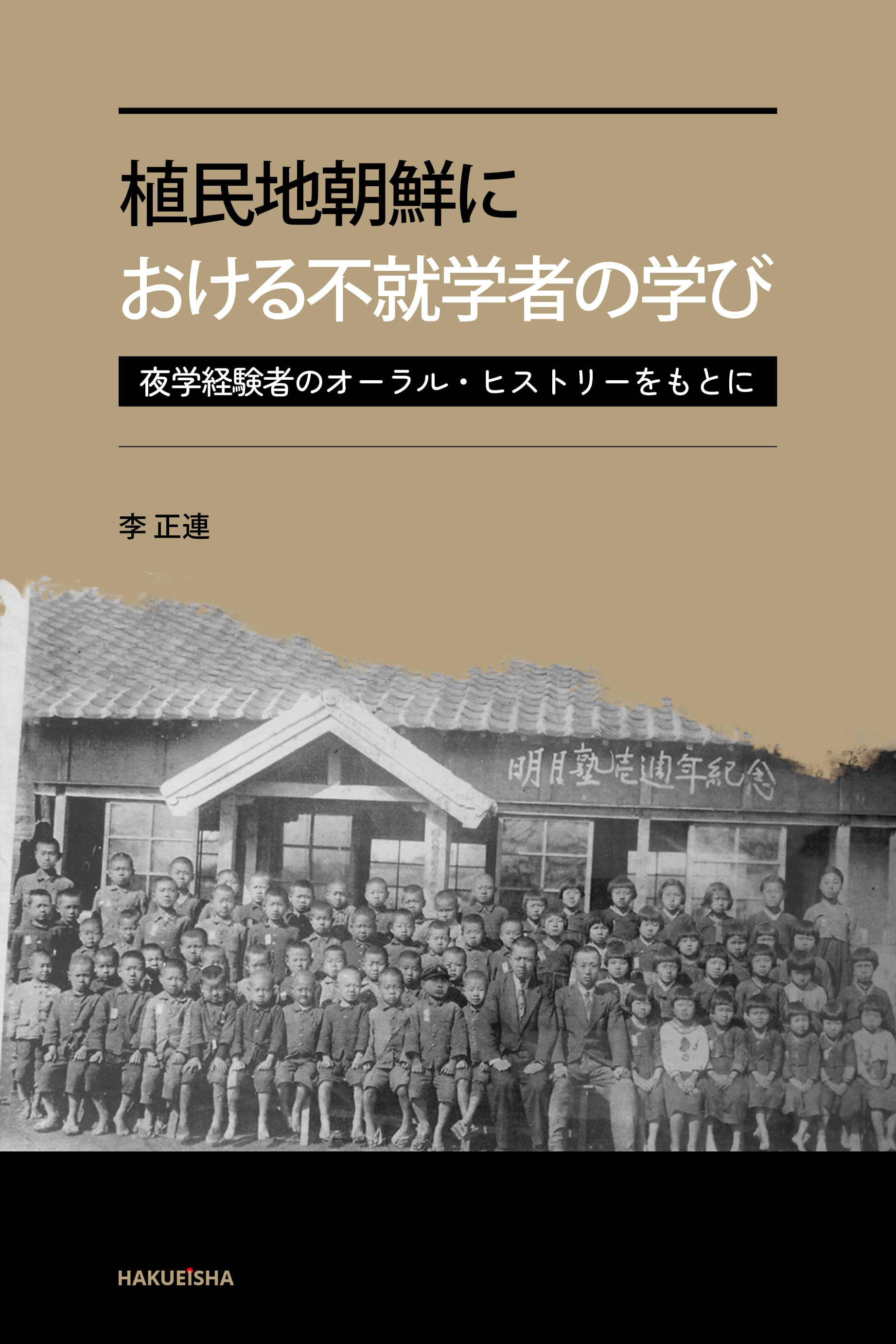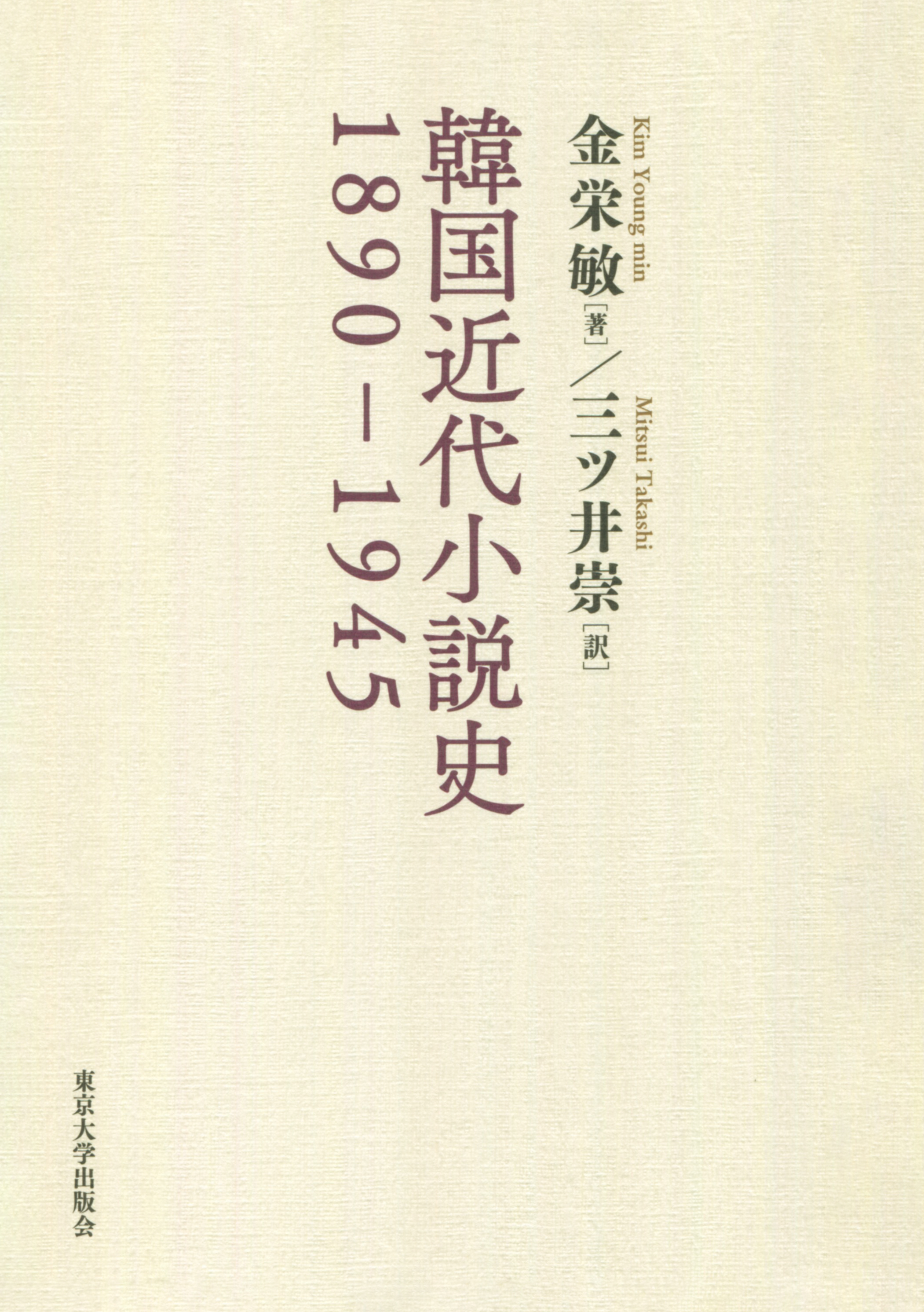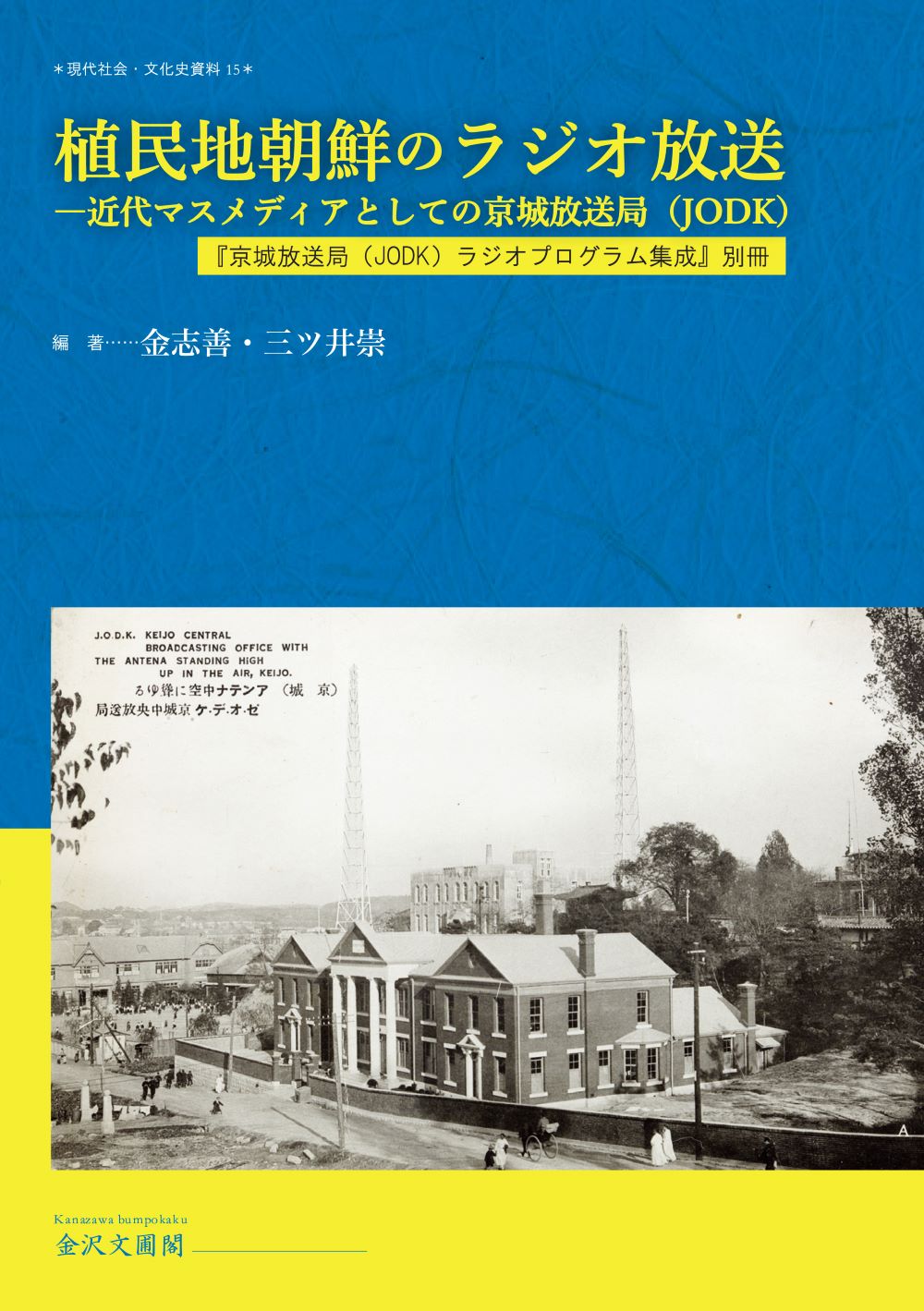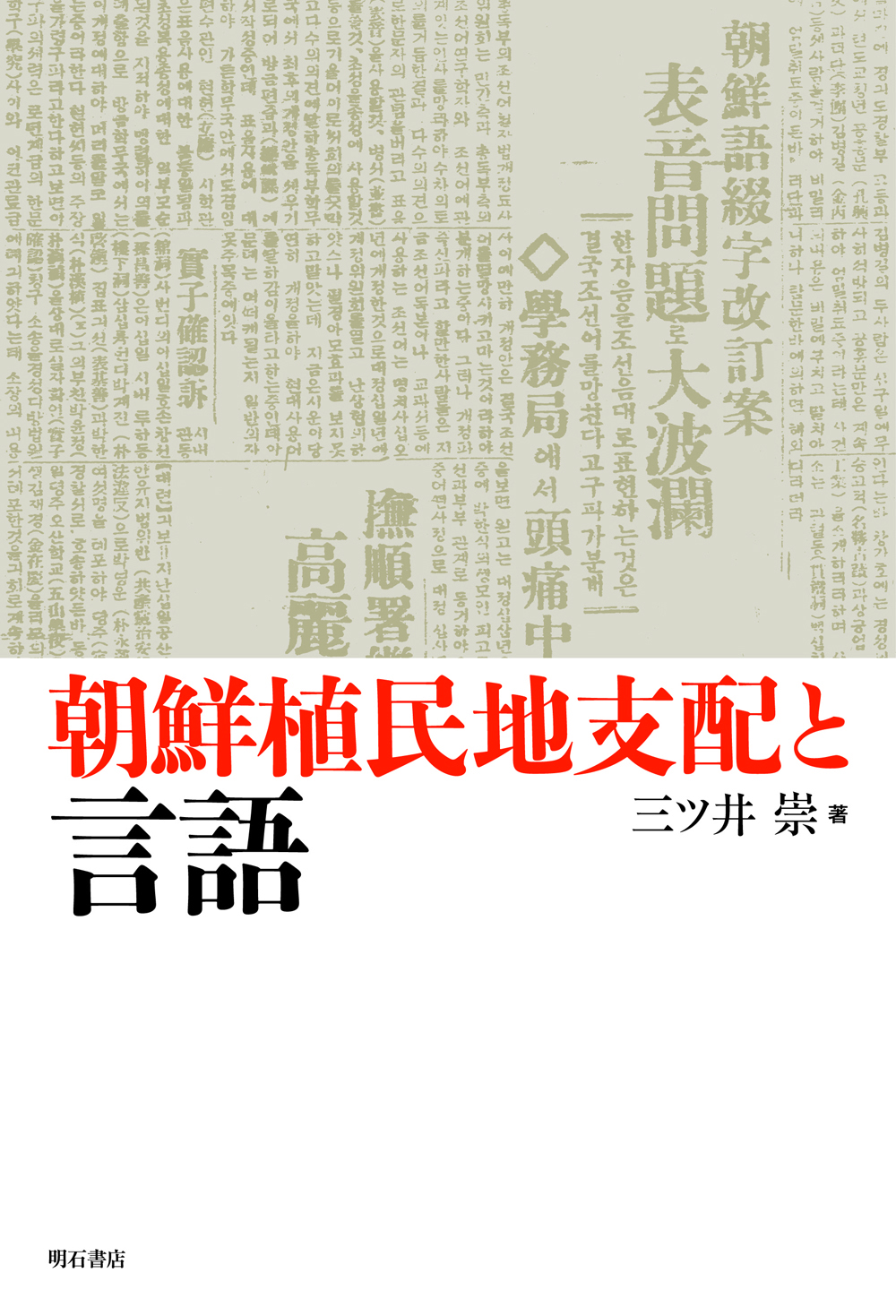
Title
Chosen-Shokuminchi Shihai to Gengo (Colonial Rule of Korea and Language)
Size
404 pages, 127x188mm
Language
Japanese
Released
December 20, 2010
ISBN
9784750333182
Published by
Akashi Shoten
Book Info
See Book Availability at Library
Japanese Page
This book analyzes the character of Japan’s colonial rule of Korea from the viewpoint of language. Japan’s linguistic control at the time has tended to be discussed with reference to its policy to spread the use of the Japanese language. But in this book I focus on the logic of both the Government-General of Korea’s policy towards the Korean language and the language movement of Korean intellectuals and consider the issues from a viewpoint that differs from that of past studies.
Needless to say, Japan’s policy to spread the Japanese language was itself a cornerstone of its colonial rule and functioned as a form of violence against Korean society. But the schema that is often presented from this viewpoint—that the Japanese language equated with control and the Korean language with being controlled and resistance—is one-sided. When one looks at the moves made by the Government-General of Korea and Korean intellectuals regarding the Korean language, one finds that in the realm of the Korean language, too, the logic of control and being controlled (resistance) was intricately complicated.
Four main points are clarified in this book. (1) In the course of implementing its educational policies the Government-General of Korea was compelled to become involved in the standardization of the Korean language, and this inevitably led to tension with the linguistic lives of Koreans. (2) I clarify the logic of the Korean movement to standardize the Korean language, one of the factors that caused this tension. (3) It is shown that while the logic of the rulers and the ruled regarding standardization of the Korean language was completely different, their interests sometimes coincided and led to negotiations between them. (4) It is shown that the language movement of the Koreans was not monolithic and displayed considerable diversity in connection with questions relating to the Government-General’s policies.
The Government-General of Korea was compelled to undertake Korean-language education as part of its policies for ruling Korea, and it was for this reason that it embarked on the standardization of the Korean language. But the language movement of the Koreans was tied to nationalism, which had the potential to link up with Korean independence, and the two were logically incompatible. However, in spite of such differences in intent, there were aspects in which their interests coincided from the viewpoint of the need to educate the Korean people, and the Society for the Study of the Korean Language (Korean Language Society), an organization connected with the independence movement, became involved in the Government-General of Korea’s revision of Korean orthography. This was a phenomenon that arose from the necessities of both the rulers and the ruled. In the past, the logic of both sides has been depicted solely in terms of mutual antagonism, but it was a complex situation in which the logic of “resistance” and “cooperation” intermingled, itself a phenomenon produced as a result of Japan’s colonial rule. The language movement in Korea was not confined to the Society for the Study of the Korean Language, and there also existed the Society for Research on the Korean Language, centred on the intellectual Pak Seungbin, which was established on account of differences of view about the direction of linguistic standardization and responses to the Government-General. The activities of this Society for Research on the Korean Language are also discussed in this book.
This book thus sheds light on policies and movements pertaining to the Korean language, and by delineating the aims and internal conflicts on both sides it offers a fresh view of the historical character of Japan’s linguistic control of colonial Korea.
(Written by Takashi Mitsui, Associate Professor, Graduate School of Arts and Sciences / 2018)
Related Info
고영진, 임경화 옮김『식민지 조선의 언어 지배 구조: 조선어 규범화문제를 중심으로』서울: 소명출판, (The dominance of language in colonial Korea : regulation policies for the Korean language) Somyong Chulpan. 2013
http://www.kyobobook.co.kr/product/detailViewKor.laf?mallGb=KOR&ejkGb=KOR&barcode=9788956268156



 Find a book
Find a book


